Shell strained by sliding oil price
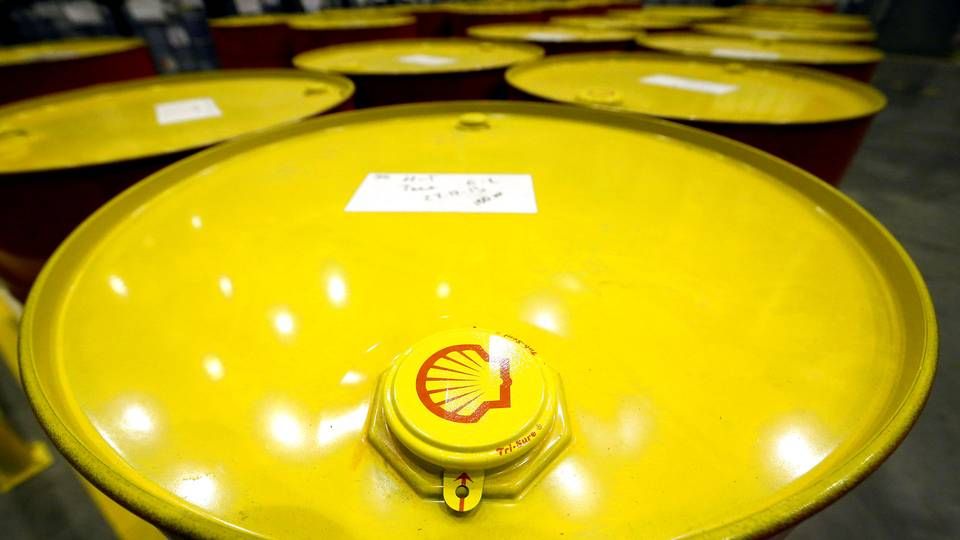
2019 is shaping up to be something of a slippery slope for Shell, shows the British-Dutch oil and gas supermajor's third quarter interim report published Thursday. However, even though the company has outperformed quant forecasts and reports a strengthened upstream business, several other vital items remain dicey.
Shell, whose bottom line accounting is based on CCS earnings (current cost of supplies, i.e. adjusted net income), records USD 4.77 in profit in Q3 2019 profit. This is markedly less than the same post of USD 5.62 billion from the same period of 2018.
On the other hand, Shell can console itself with the fact that analysts had predicted even poorer performance. According to data compiled by Bloomberg, analyst consensus was at USD 3.92 billion. Chief Executive Ben van Beurden says it’s a success that Shell could exceed expectations in such a difficult market.
"This quarter we continued to deliver strong cash flow and earnings, despite sustained lower oil and gas prices, and chemicals margins. Our earnings reflect the resilience of our market-facing businesses and their ability to capitalize on market conditions," van Beurden writes in a CEO statement on the interim report.
Shell's cash flow from operating activities declined a bit from USD 12.1 billion in Q3 of 2018 to USD 11 billion in the same period this year.
Delayed buyback
It should also be mentioned that Shell's plan to spend USD 25 billion on an equity buyback program is at risk of being postponed.
"The prevailing weak macroeconomic conditions and challenging outlook inevitably create uncertainty about the pace of reducing gearing to 25 percent and completing the share buyback program within the 2020 timeframe," the CEO says.
The plan was set in motion to reduce debt.
Downstream up, upstream down
On a more positive note, Shell reports that its downstream business surged from USD 1.71 billion in the third quarter of 2018 to USD 2.57 billion in this year's Q3 – growth of 51 percent.
This development was mainly driven by petroleum products and took place in an otherwise disappointing quarter. However, as van Beurden points out, the chemicals business is still underperforming and declined from USD 537 million in the third quarter last year to USD 224 million in Q3 of 2019.
Upstream earnings fell from USD 2.25 billion in Q3 2018 to USD 1.72 billion in the same period this year. Much of this can be explained by reduced extraction, which dipped 2 percent.
In the land of the blind, the one-eyed man is king
2019 has turned out to be a challenging year for the oil giants. Shell itself is still riding on the wave of a surprisingly lucrative 2018, when the company went forward on practically all parameters.
That record year, which saw the outfit's best result in four years, was followed by a Q1 report showing loss, yet less than analysts had projected. Then followed a catastrophic financial statement in the second quarter, showing CCS earnings of USD 3.46 billion – more than USD 1 billion under the figure quants had foreseen.
Shell's shaky gait this year practically looks like a graceful tango relative to rivals, which are really biting the dust.
For instance, BP's Q3 report from Tuesday showed a deficit of USD 351 million accounted in the firm's own non-GAAP bottom line metrics – the so-called RC result (replacement cost). The result for BP's stakeholders, however, was USD 749 million.
Total also published lackluster results and retreated 30 percent on the bottom line relative to 2018, and similar grim tales from ExxonMobil and Chevron will undoubtedly vex fossil fuel fans.
English Edit: Daniel Frank Christensen
Related articles
Total's profit deflates
For subscribers
BP in the red
For subscribers
Big oil investors bracing for bad news as headwinds gather
For subscribers

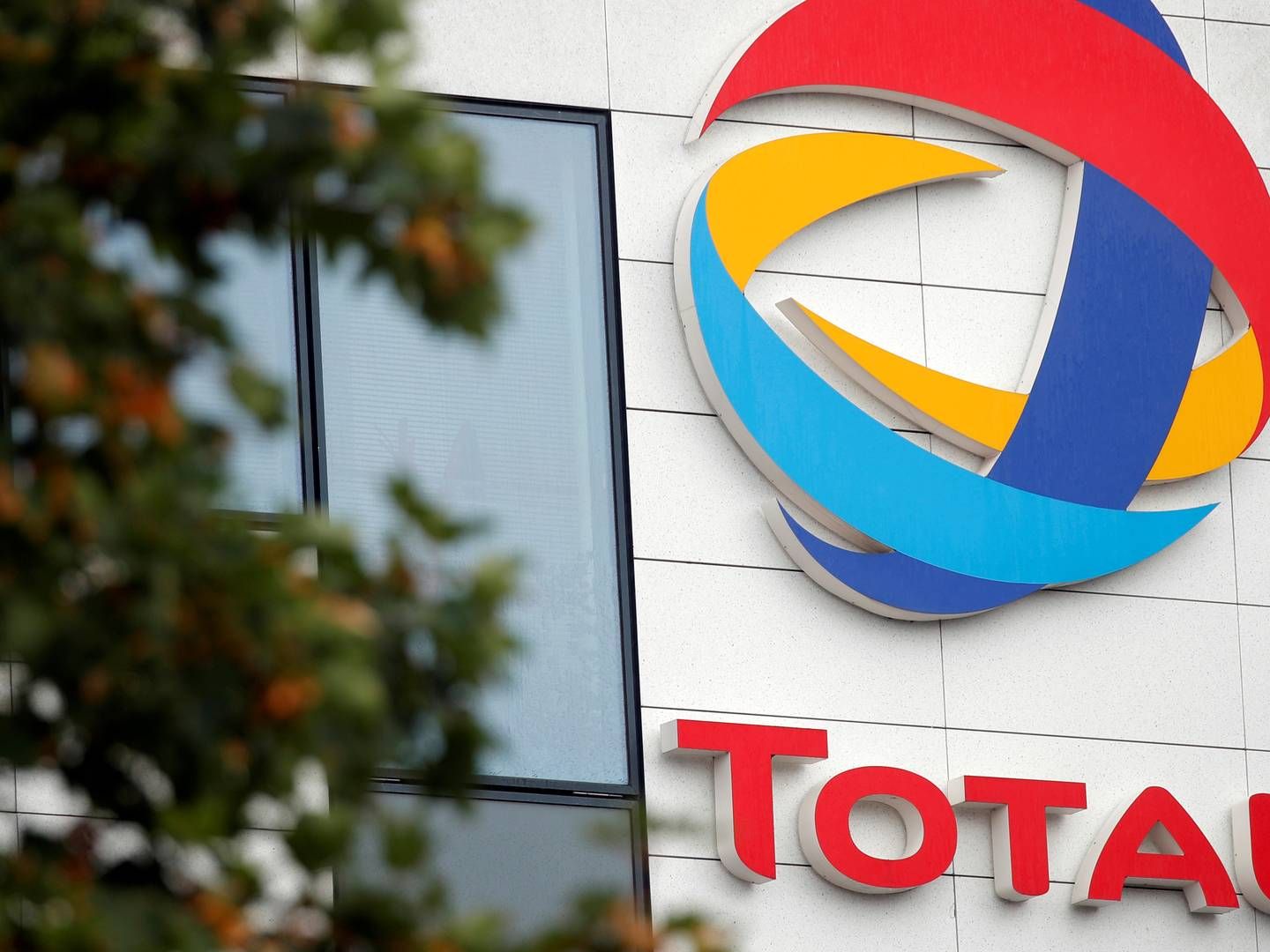
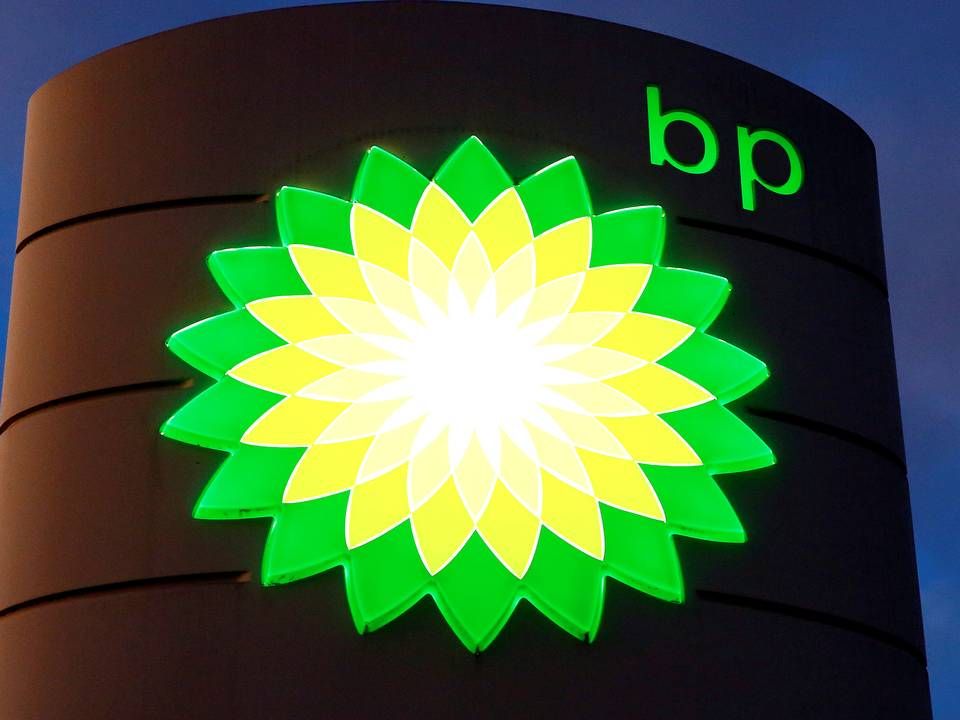
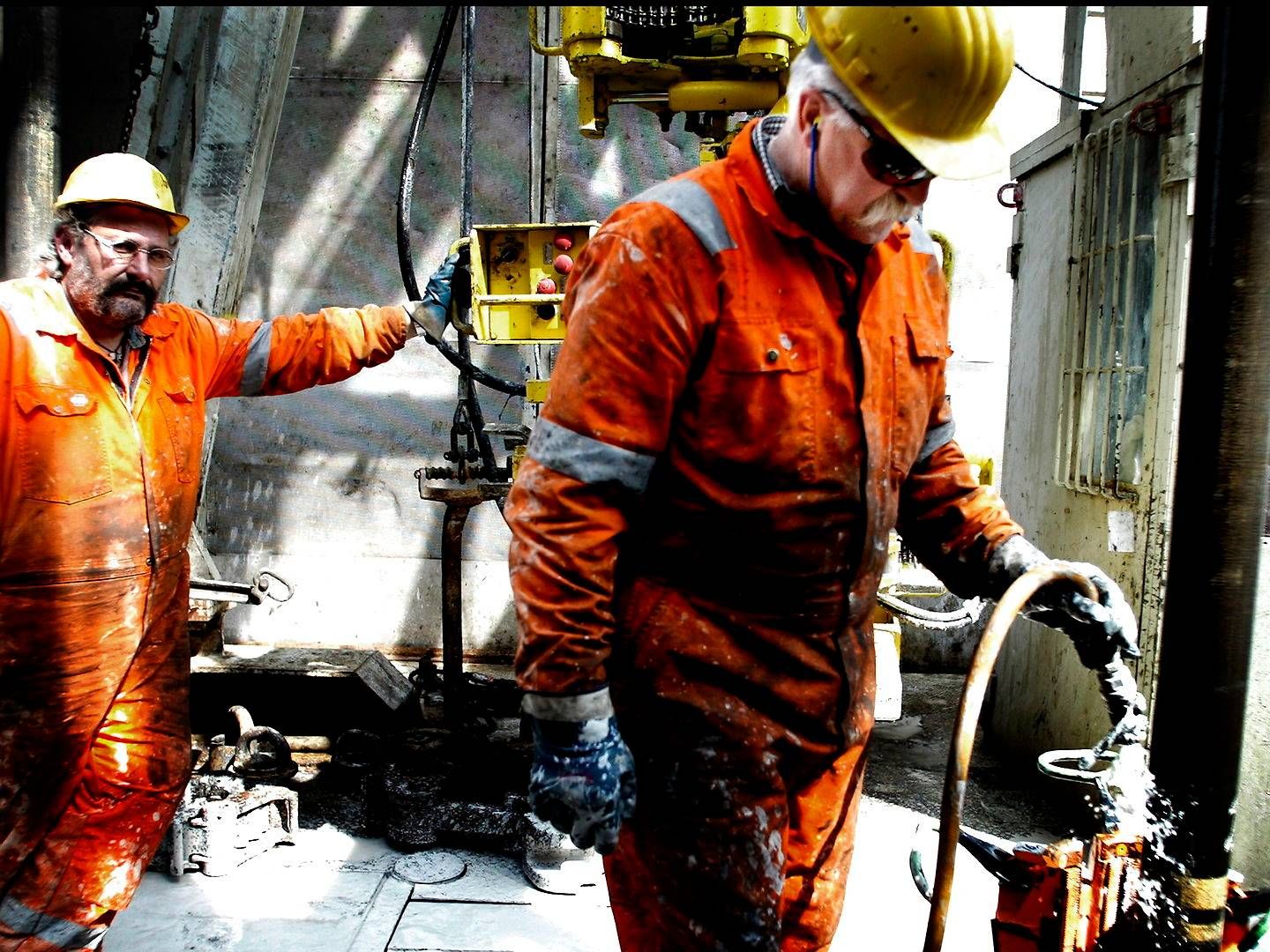








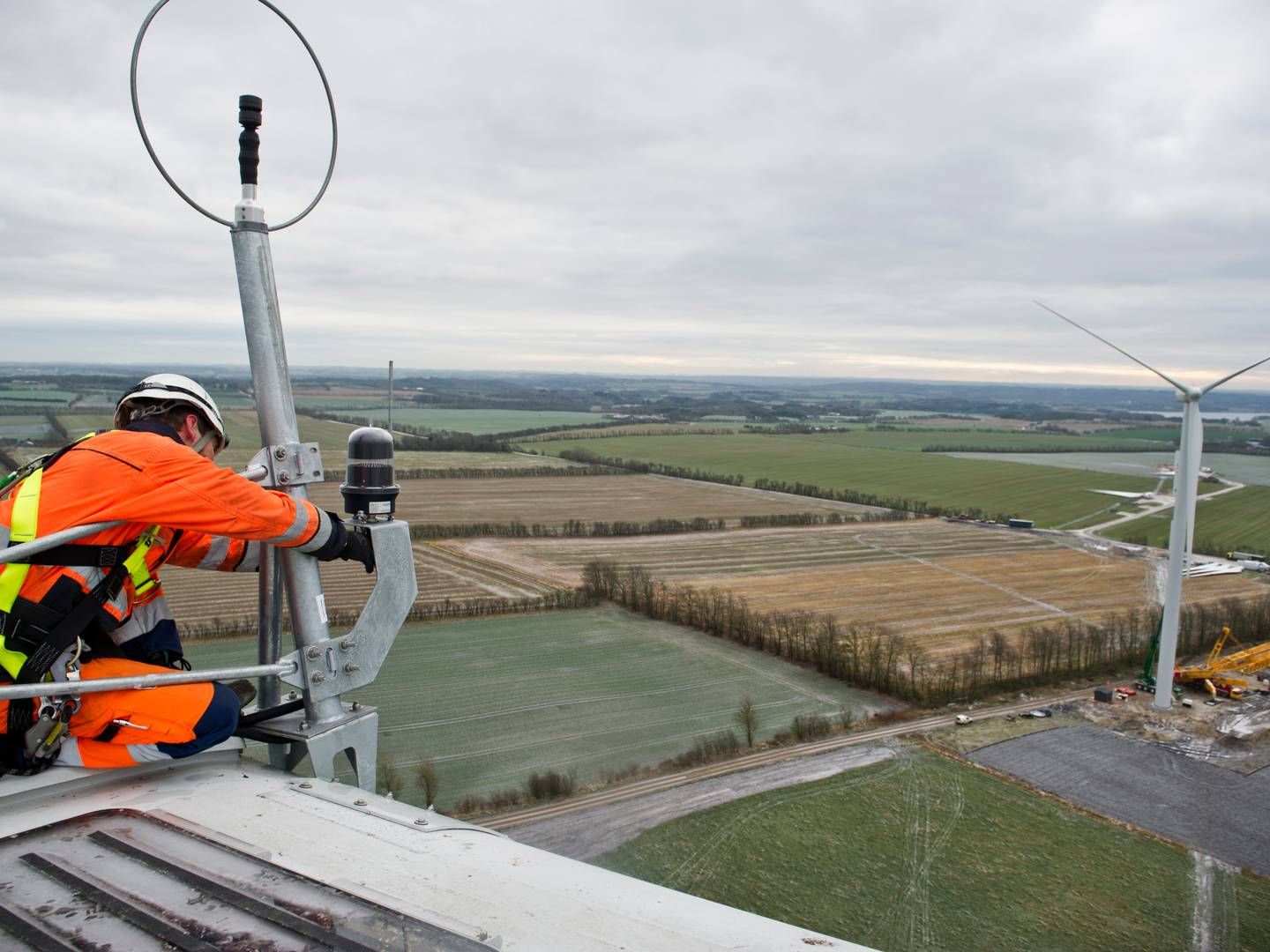



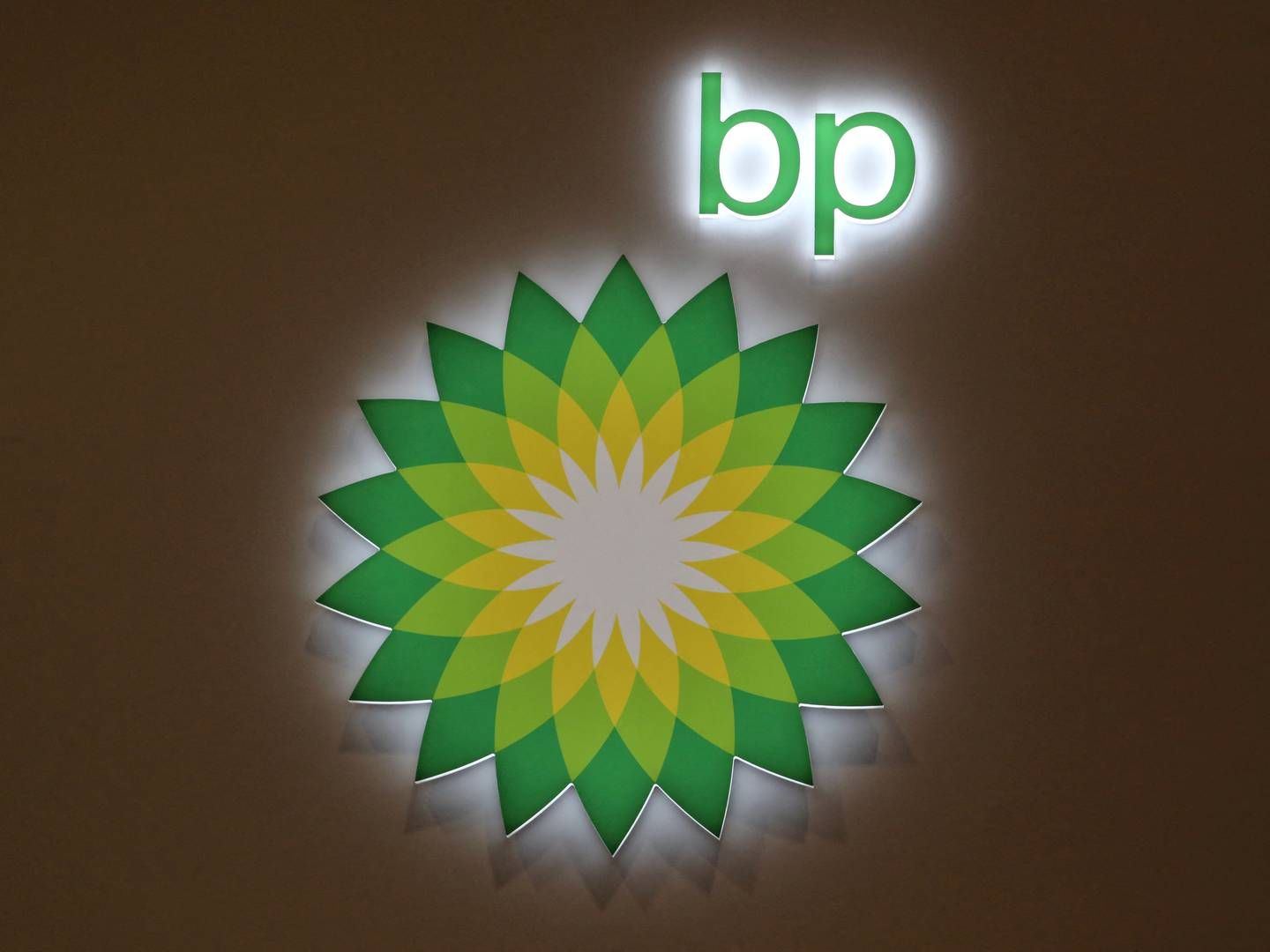





.jpg&w=384&q=75)


